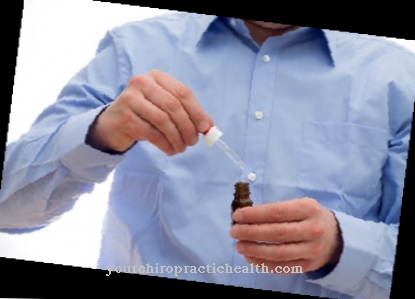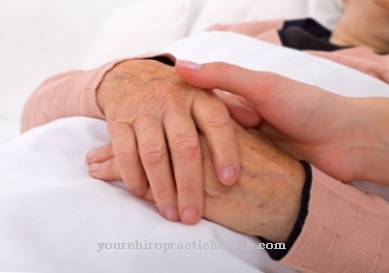The endocrine orbitopathy is an immunological inflammation. It mainly affects the orbital contents, but also affects the muscles of the eyes and eyelids. The therapy of the disease turns out to be difficult.
What is endocrine orbitopathy?

© ylivdesign - stock.adobe.com
Endocrine orbitopathy is an inflammation of the orbital contents. It is immunological and affects the tissue of the orbit as well as the eye muscles and the eyelids. The disease usually occurs as a result of a hyperthyroid metabolic condition and is therefore a frequent concomitant disease of various autoimmune thyroid disorders such as Graves' disease.
The name of the disease is made up of the terms “endocrine”, which means “hormonally dependent” and “orbit” for eye socket. Endocrine orbitopathy is a hormone-related disease of the eye sockets and the surrounding tissue.
causes
The causes of endocrine orbitopathy can be found in Graves' disease. Around 85% of people who suffer from Graves' disease develop damage to the eye sockets in the course of the disease.
The point in time can be completely different. Endocrine orbitopathy can break out before Graves' disease, but it can only show itself years later. Even a complete cure of the offending disease cannot always prevent an outbreak of orbitopathy.
Endocrine orbitopathy rarely occurs without recognizable thyroid disease. So Graves' disease is the main cause of the disease. In very rare cases, however, the so-called Hashimoto's thyroiditis can also trigger a hormone-related disease of the eye sockets.
Since Graves disease is usually the main cause, the causes of the onset of the immune disease can also be seen as the cause of the endocrine orbitopathy. These are usually genetic predispositions, viral infections or stress. Excessive cigarette consumption can also favor Graves' disease and thus endocrine orbitopathy.
Symptoms, ailments & signs
This disease leads to a number of different symptoms and complications. In most cases this leads to discomfort in the eyes. The patients suffer from protruding eyeballs. As a result, there are also aesthetic complaints, so that the patients suffer from inferiority complexes or from a reduced self-esteem.
It can therefore lead to depression and various other psychological upsets. The patients also suffer from an enlarged thyroid gland and a goiter that can develop directly on the neck. This can cause various thyroid malfunctions. The heart palpitations and, in the worst case, a heart attack, which can lead to death.
Because of the thyroid problems, many patients are also underweight or overweight. It leads to heavily swollen eyelids and various visual disturbances. The patient's eyesight deteriorates and those affected suffer from double vision or blurred vision.
In general, the patient's quality of life is significantly reduced by the disease. If the treatment of the complaints does not start early, the complaints in the eyes can remain permanently. In the further course, the heart muscle can also fail.
Diagnosis & course
The ophthalmologist can diagnose endocrine orbitopathy using a variety of tests. He determines any symptoms in advance. If the patient says they have watery or burning eyes or they see double vision, these are the first signs. Temporary or permanent blindness is also a clear symptom.
After talking to the patient, the doctor determines the eye pressure and examines the mobility of the eye muscles. The field of vision and the eye muscles are also examined using ultrasound. Finally, the width of the eyelid gap is determined and the characteristic protrusion of the eyes is examined.
If, after these examinations, there is a concrete suspicion, the ophthalmologist can order a magnetic resonance examination to determine the extent of the endocrine orbitopathy. The results of this investigation are used to assess which forms of therapy are suitable.
The course of the disease depends heavily on the time of diagnosis. If you react early, long-term effects can be avoided, while existing damage usually persists with late treatment.
When should you go to the doctor?
If the eyelids swell for no apparent reason, a doctor should be consulted as soon as the symptoms persist for several days. If the swelling increases, a doctor should be consulted immediately. The general risk of accidents increases with impaired vision.
If there are changes in the visual image, there is cause for concern. If the eye movements can no longer be coordinated as usual or if double vision is perceived, this is particularly unusual. A doctor's visit is necessary in order to initiate medical treatment and to obtain relief from the symptoms.
Consult a doctor if you have problems with your heart rhythm and palpitations.If the heart problems persist for a long time, the risk of heart muscle failure increases. This creates a life-threatening condition that must be counteracted in good time. If the eyeball protrudes in an unusual shape, a doctor should be consulted.
If the thyroid gland is visually noticeable, there are changes in the eye socket and the eyelid gap and the heart rate increases at the same time, a visit to a doctor is necessary. If the symptoms lead to anxiety or panic, a doctor or therapist should be asked for help and support. A doctor is also needed in the event of changes in behavior, mood swings, or emotional problems.
Doctors & therapists in your area
Treatment & Therapy
There are different opinions among specialists about the best possible therapy for endocrine orbitopathy. However, there are some treatment options that are promising. The first priority is always to get rid of Graves' disease.
For this, the thyroid gland must be optimally adjusted with the help of various drugs. If this is not possible or is unsuccessful, the thyroid gland or parts of it will be surgically removed. This can at least reduce endocrine orbitopathy in many cases. The chances of success depend primarily on how far the disease has progressed. Damage to the eyesight can rarely be completely eliminated.
Another treatment option is radio-iodine therapy. This is a therapy with iodine, which is rarely used. The reason for this is the risk of worsening the endocrine orbitopathy or even triggering another disease. Radioiodine therapy is only recommended if the endocrine orbitopathy is not related to Graves' disease.
If the chances of a cure for the endocrine orbitopathy are too low, at least the symptoms can be alleviated. Various active ingredients such as cortisone and antioxidants are prescribed for this purpose. Methotrexate is also used in low doses.
Outlook & forecast
The prognosis of endocrine orbitopathy depends on the time of diagnosis and the start of medical care. If the inflammation is already very advanced and the patient has a weakened immune system, long-term therapy is usually initiated. With early treatment initiated, there is a good chance of a cure.
Even so, most patients experience permanent damage to the exophthalamus. This is accompanied by a visual flaw and can trigger psychological problems. The eyesight is not permanently impaired. Patients who are smokers or who frequently stay in rooms containing nicotine often experience a deterioration in health or a more difficult healing process.
There may be delays in symptom resolution. There is also the possibility that further irreversible damage will develop. If the treatment plan provides for the use of radioiodine therapy, it must be taken into account that this therapy leads to deterioration in a large number of patients. If there are other thyroid diseases in addition to endocrine orbitopathy, further delays or complications can occur.
The values of the thyroid gland must be checked at regular intervals and the medical supply adjusted. Particularly problematic are cases in which the symptoms have led to psychological complications. Treatment can take a long time.
prevention
Endocrine orbitopathy cannot be directly prevented. However, the risk of illness can be reduced. It already helps to avoid stress as much as possible and to resort to various relaxation techniques. Autogenic training is one way of reducing stress.
Quitting cigarettes is also a preventative measure. Those with a hereditary predisposition have a much higher risk of developing Graves' disease and thus endocrine orbitopathy from smoking than non-smokers.
It is therefore advisable to become a non-smoker or continue to give up cigarettes. In addition, it is especially important to strengthen the immune system. Those who do a lot of sport, eat healthily and increase their wellbeing can minimize the risk of illness.
Aftercare
As a rule, those affected have very few or even no follow-up measures or options at their disposal, so that they are primarily dependent on early detection and subsequent treatment of the disease. Self-healing cannot occur, although there is currently no effective and direct possibility of therapy.
In most cases, those affected also need help and support from friends and family so that the symptoms do not continue to worsen. With this disease, those affected are often dependent on taking medication. If you have any questions or are unclear about the intake, you should always consult a doctor first.
It is also important to ensure the correct dosage and regular intake in order to counteract the symptoms. Furthermore, regular examinations and controls of the thyroid should be carried out, whereby this can be supported with the help of iodine. Contact with other people affected by the disease can also be very useful, as this often leads to an exchange of information.
You can do that yourself
Patients with endocrine orbitopathy should not expose the eyes to unnecessary strain. Darkness or excessive light influences can also be stressful for vision. When reading or working on screens, it is also important to ensure good visibility. If the forehead muscles contract or the eyes are tensed, an optometrist should be consulted so that an option can be found to provide adequate relief.
Cosmetic items such as eye shadow or mascara should not be applied. This puts strain on the eyelids and can aggravate the symptoms of puffy eyes. Rubbing and rubbing on the eyes should be avoided as a matter of principle. This would increase the irritability of the skin.
The patient can apply soothing ointments or creams to relieve the area around the eyes and relieve symptoms. Sufficient sleep and regular rest periods also help to strengthen well-being. Smoking should be stopped and people should refrain from staying in rooms where people smoke.
Patients can use relaxation techniques for mental strengthening. These reduce everyday stress and promote inner stability. In addition, a healthy and balanced diet and sufficient physical activity help. These support the immune system, which is particularly stressed in inflammatory diseases.

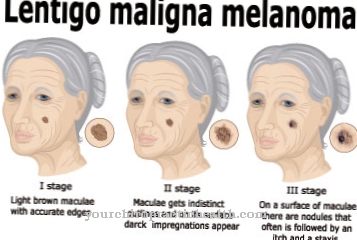
.jpg)
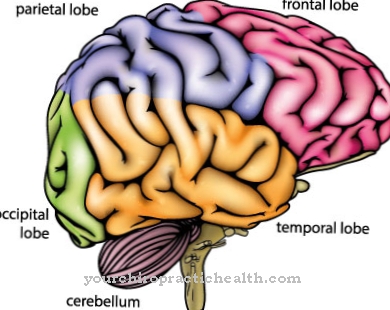
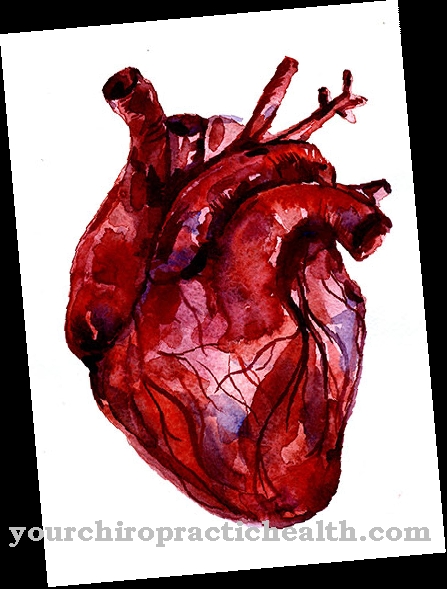
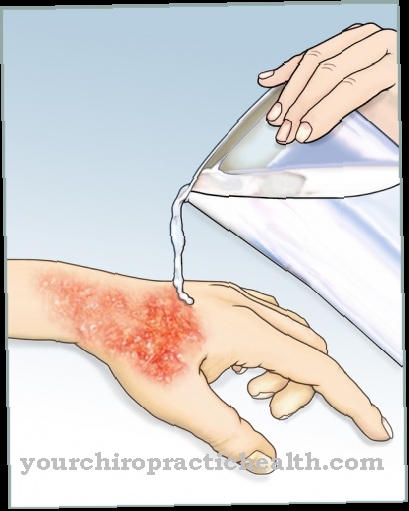
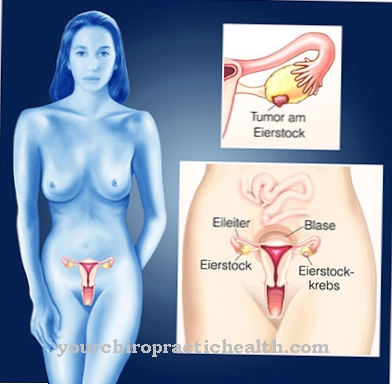



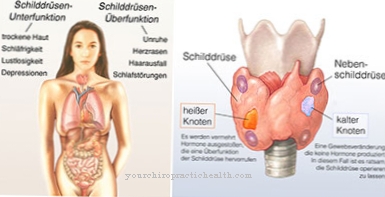
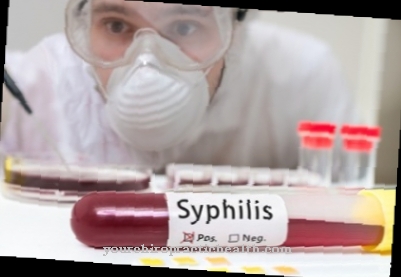



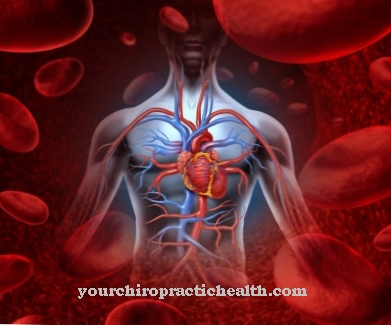

.jpg)


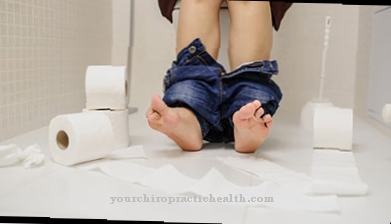

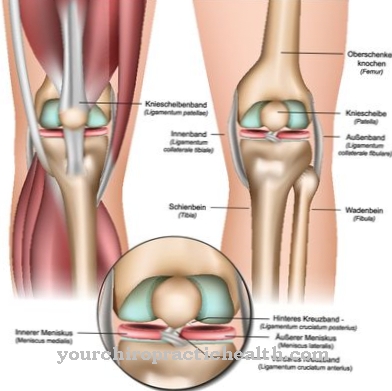
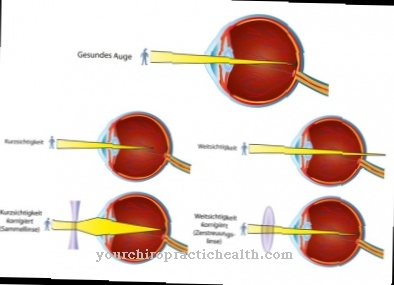
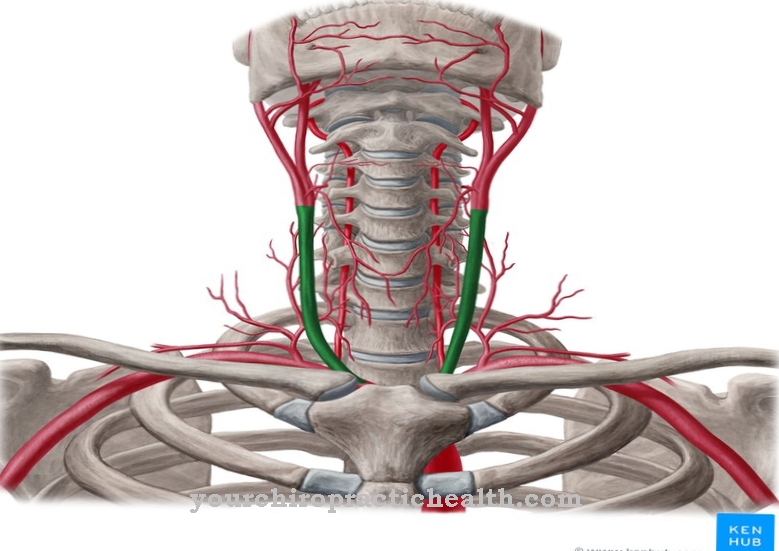
.jpg)
